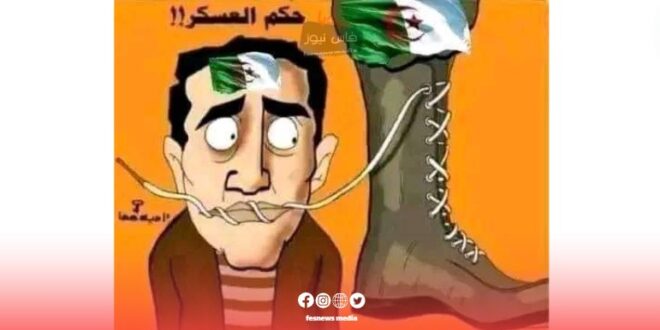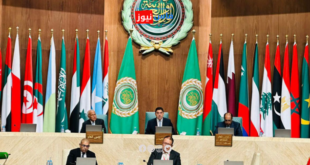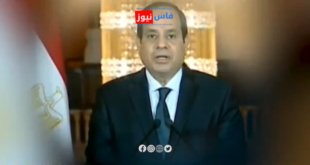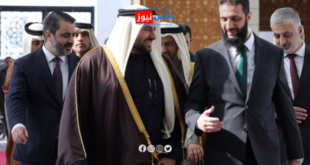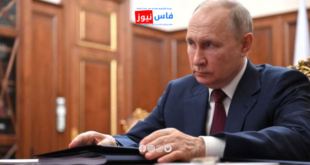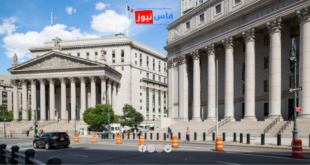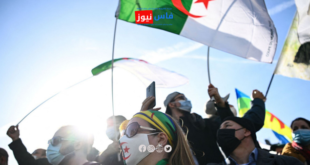In a move that reflects a trend towards strengthening military influence in Algerian civilian administrations, President Abdelmadjid Tebboune, in his capacity as Supreme Commander of the Armed Forces and Minister of National Defense, has issued a new presidential decree allowing military personnel to transition to work in civilian public administrations.
This decision comes as part of what appears to be a strategy to enhance military control over the state’s joints, as the decree allows colonels and senior officers to hold high-level positions in strategic and sensitive sectors related to the country’s sovereignty and vital interests.
Among the most notable provisions of the decree are:
- Allowing active and contract military personnel to apply for delegation to work in civilian public administrations.
- Granting the authority to appoint colonels and senior officers to high-level positions in the state.
- The Ministry of Defense will continue to manage the career path of delegated military personnel, including promotions, medals, and training.
- Granting delegated military personnel financial privileges and services from future civilian administrations.
- Setting the duration of the delegation to one year, renewable for a maximum of 3 years, with the possibility of extension with the approval of the Minister of Defense.
Observers believe that this step represents a major shift in the structure of the Algerian public administration, as it opens the door wide for military personnel to control sensitive civilian positions, which could lead to an increase in military influence in political and administrative decision-making in the country.
These developments come in the context of what some analysts describe as a growing trend towards the militarization of the Algerian state, where the scope of the military establishment’s influence is being expanded to include areas that were traditionally under civilian control.
The question remains about the impact of this step on the future of civilian rule in Algeria, and whether it will lead to fundamental changes in the nature of the country’s political and administrative system.
 فاس نيوز ميديا جريدة الكترونية جهوية تعنى بشؤون و أخبار جهة فاس مكناس – متجددة على مدار الساعة
فاس نيوز ميديا جريدة الكترونية جهوية تعنى بشؤون و أخبار جهة فاس مكناس – متجددة على مدار الساعة

